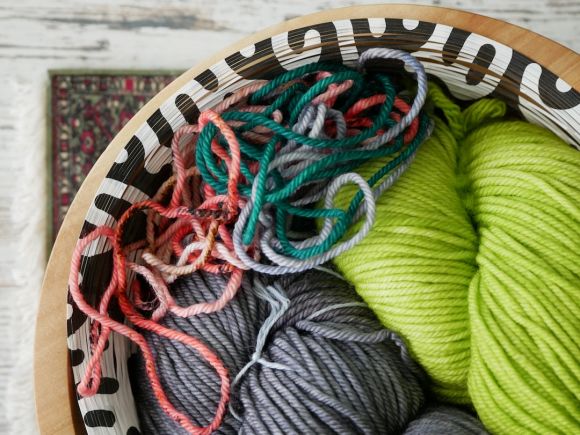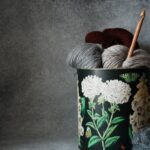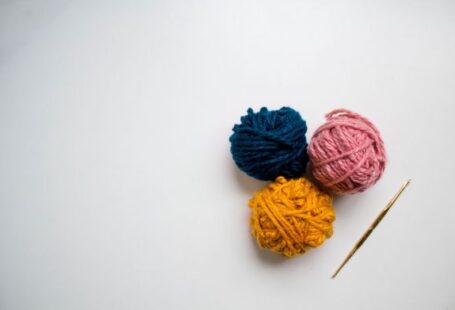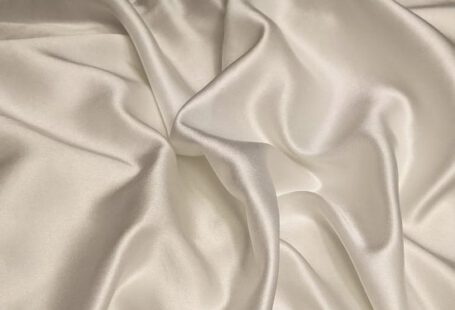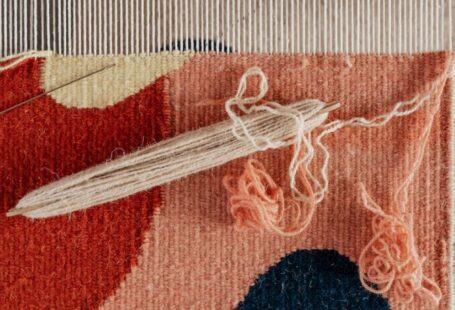When it comes to knitting socks, selecting the right yarn is essential for both durability and moisture-wicking benefits. Socks endure a lot of wear and tear, as they are constantly rubbing against shoes and walking on various surfaces. Additionally, our feet naturally perspire, making it crucial to choose a yarn that can handle moisture and keep our feet dry. In this article, we will explore different types of yarn that are perfect for knitting socks, considering their durability and moisture-wicking properties.
Merino Wool: A Classic Choice for Socks
Merino wool is a popular choice for sock knitting due to its natural durability and moisture-wicking abilities. It comes from Merino sheep, which are known for producing fine and soft wool. Merino wool socks are not only incredibly soft and comfortable, but they also have excellent temperature-regulating properties. This means that they keep your feet warm in cooler temperatures and cool in warmer weather. Merino wool is also naturally moisture-wicking, which keeps your feet dry, preventing discomfort and the formation of blisters. Furthermore, Merino wool is known to be odor-resistant, making it an excellent choice for those who are active or spend long hours on their feet.
Bamboo: A Sustainable and Moisture-Wicking Option
For those who prefer a more sustainable and eco-friendly option, bamboo yarn is a fantastic choice for sock knitting. Bamboo fibers have excellent moisture-wicking properties, making them ideal for keeping your feet dry and comfortable. They naturally absorb and evaporate moisture, preventing the buildup of sweat and reducing the risk of fungal infections. Bamboo yarn is also incredibly soft and has a silky smooth texture, making it a pleasure to knit with and wear. Additionally, bamboo is a renewable resource that grows quickly and requires less water than other plant-based fibers, making it an environmentally conscious choice.
Nylon: Reinforcing for Extra Durability
While natural fibers are excellent for moisture-wicking, they may lack the strength and durability needed for socks. This is where nylon yarn comes in. Nylon is a synthetic fiber that is often blended with other fibers to increase the durability and longevity of socks. When combined with natural fibers such as wool or bamboo, nylon adds strength and helps prevent wear in high-friction areas such as the heels and toes. Socks made with nylon yarn are less prone to developing holes and have a longer lifespan. This makes nylon a valuable addition to sock yarn blends, providing the necessary reinforcement for socks that will withstand everyday use.
Cotton: A Breathable and Lightweight Option
Cotton is a widely available and affordable yarn option for sock knitting. While it may not have the same moisture-wicking properties as Merino wool or bamboo, cotton is still a breathable fiber that allows air to circulate around your feet. This makes cotton socks ideal for warmer climates or those who prefer a lightweight and breathable option. Cotton yarn is soft and comfortable to wear, making it a popular choice for everyday socks. However, it is important to note that cotton socks may retain moisture and take longer to dry compared to other fibers, so they may not be the best choice for activities that involve heavy sweating or prolonged exposure to moisture.
In Conclusion: Finding the Perfect Yarn for Your Socks
Choosing the right yarn for knitting socks is crucial for both durability and moisture-wicking benefits. Merino wool is a classic choice, known for its natural durability, moisture-wicking properties, and temperature-regulating abilities. Bamboo yarn offers a sustainable and eco-friendly option, with excellent moisture-wicking qualities and a luxurious feel. Nylon is a synthetic fiber that adds strength and reinforcement to sock yarn blends, increasing their durability and lifespan. Lastly, cotton is a breathable and lightweight option, ideal for warmer climates or everyday use.
Consider your specific needs and preferences when selecting the perfect yarn for your socks. Whether you prioritize durability, moisture-wicking abilities, or sustainability, there is a yarn out there that will meet your requirements. Experiment with different yarns and blends to find the perfect combination that will result in comfortable, long-lasting, and moisture-wicking socks. Happy knitting!
